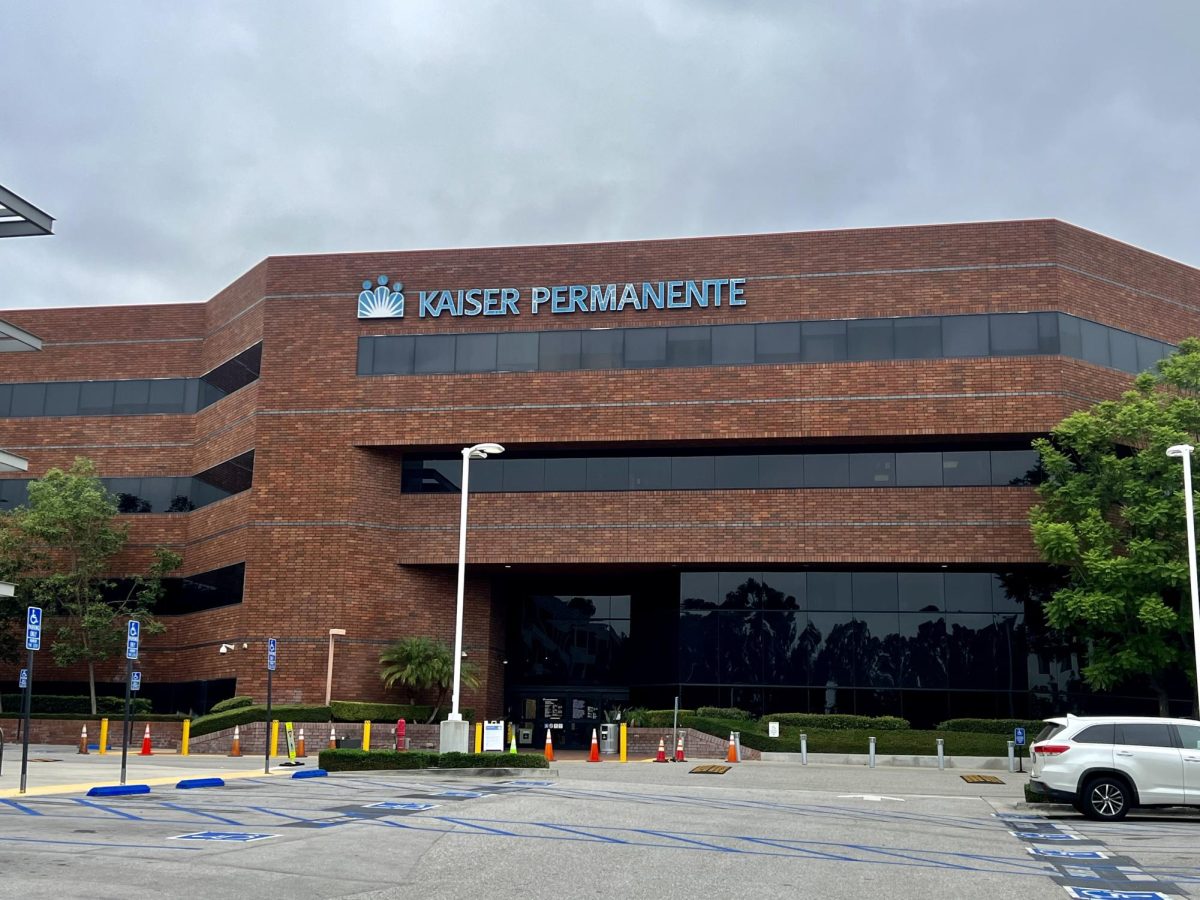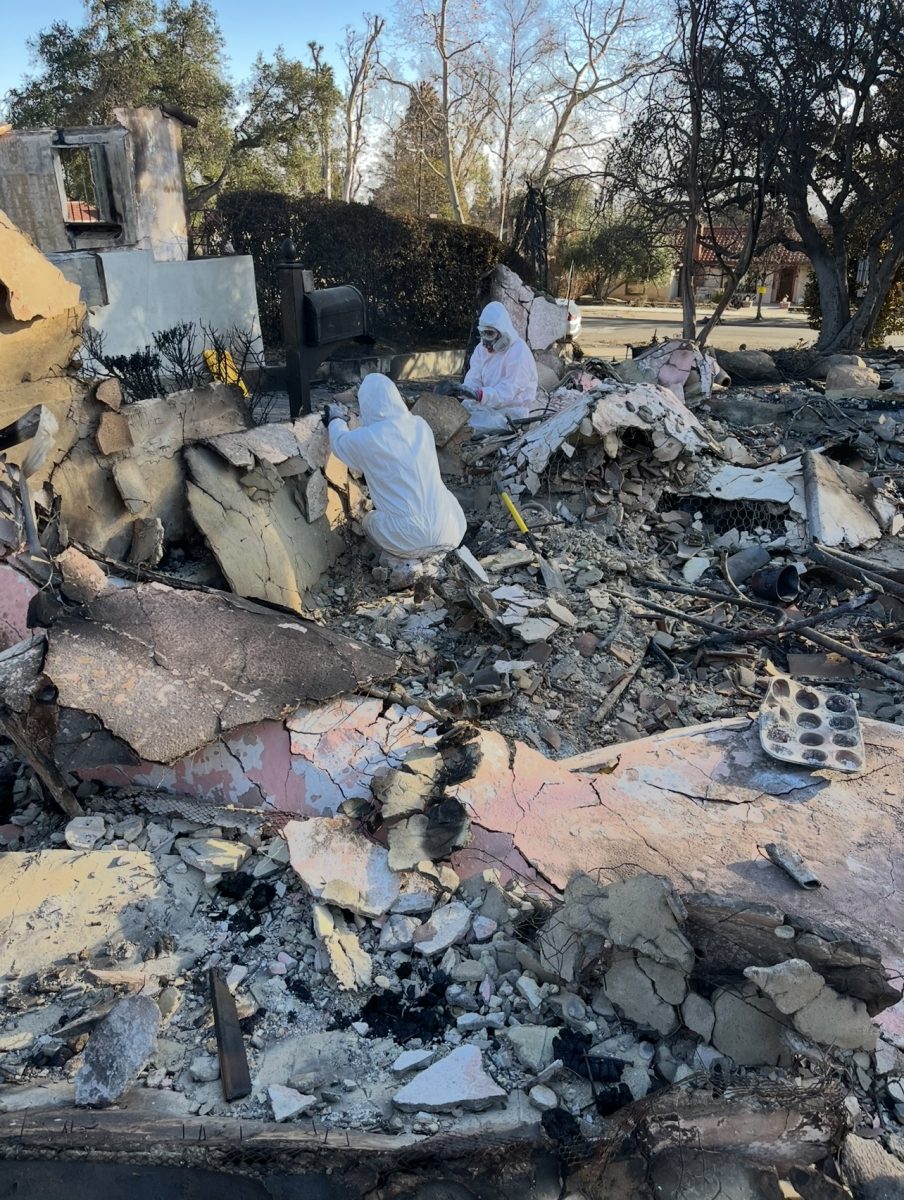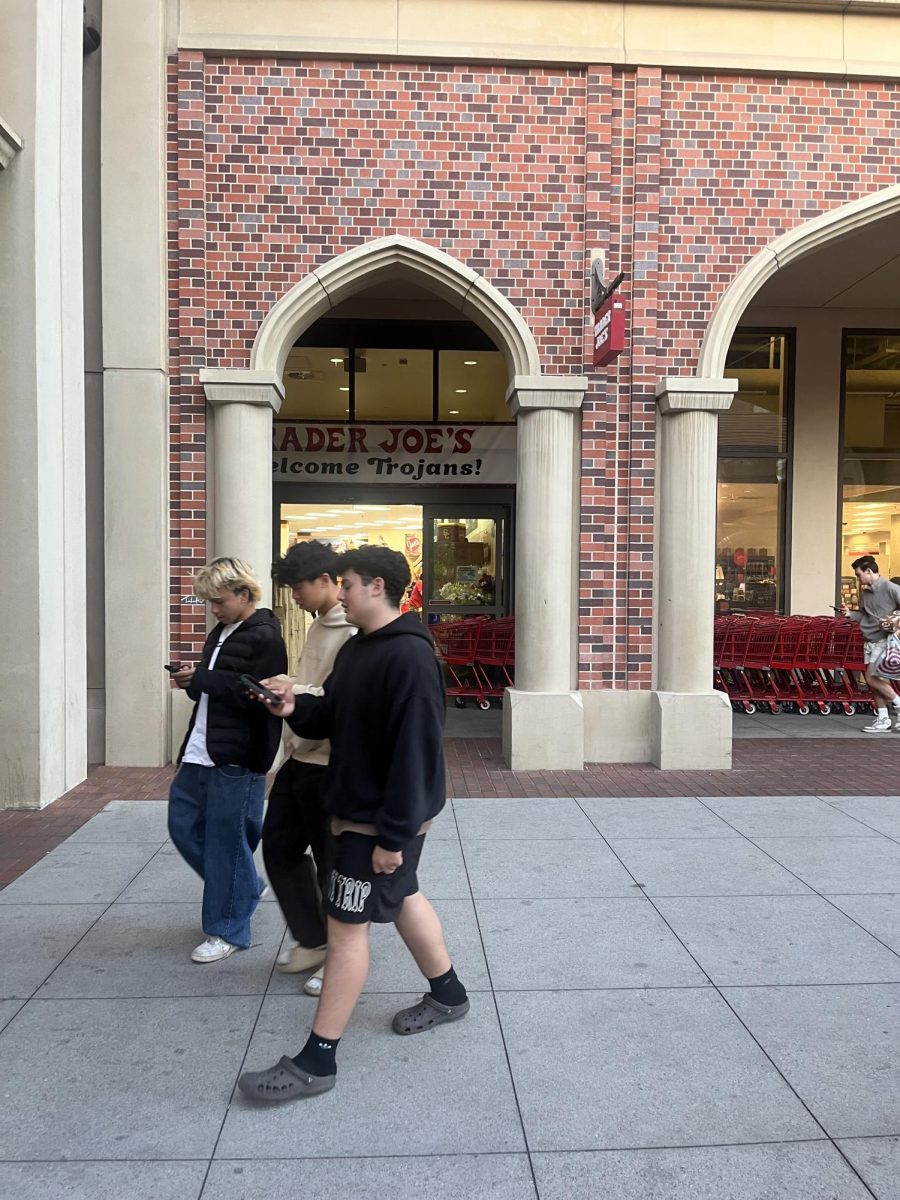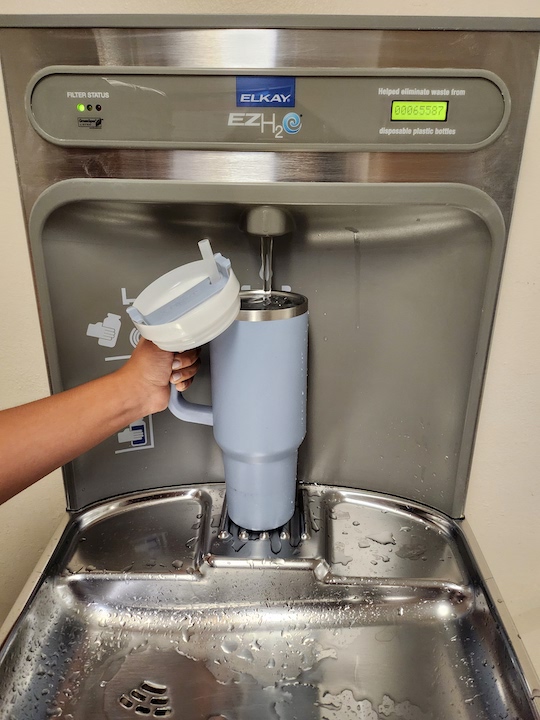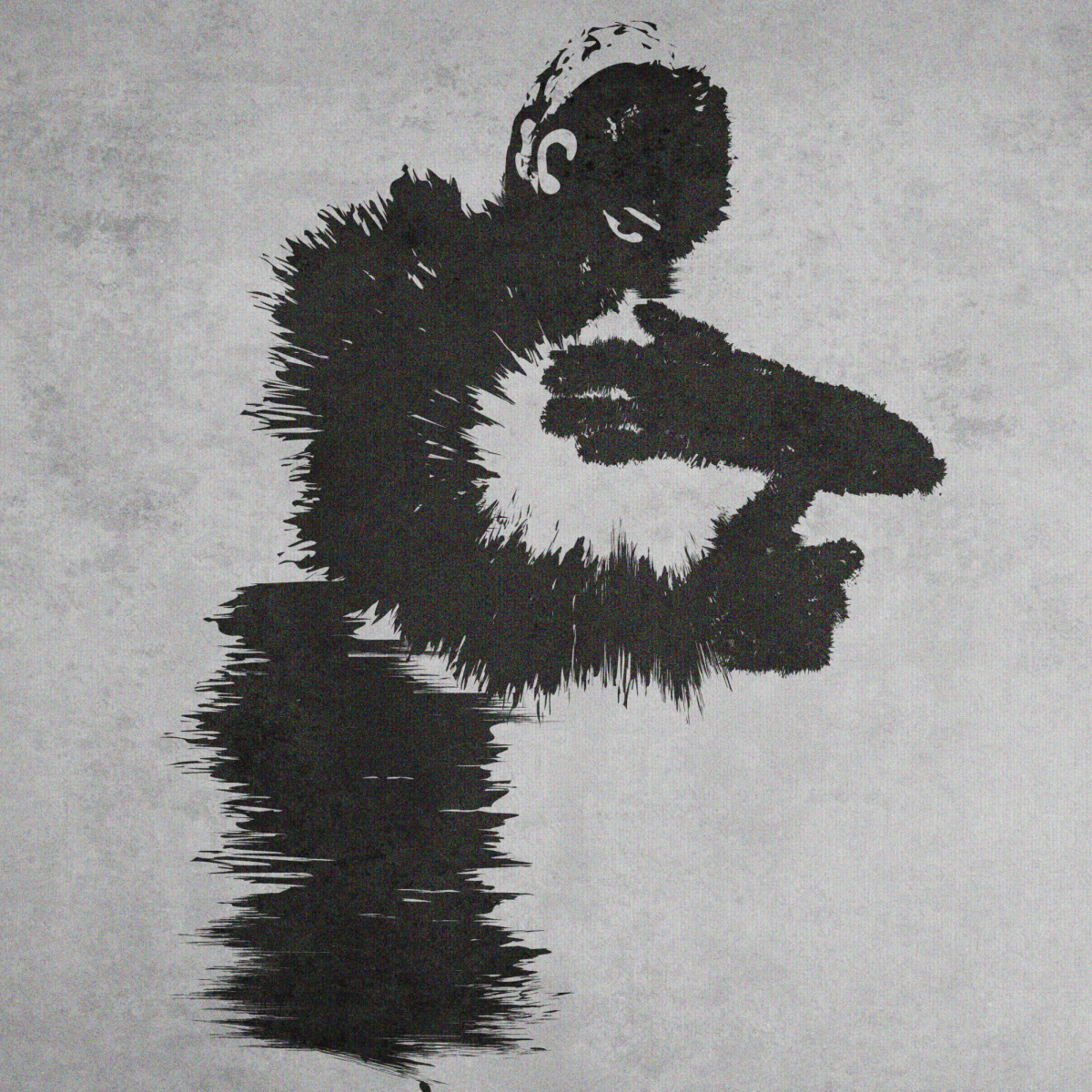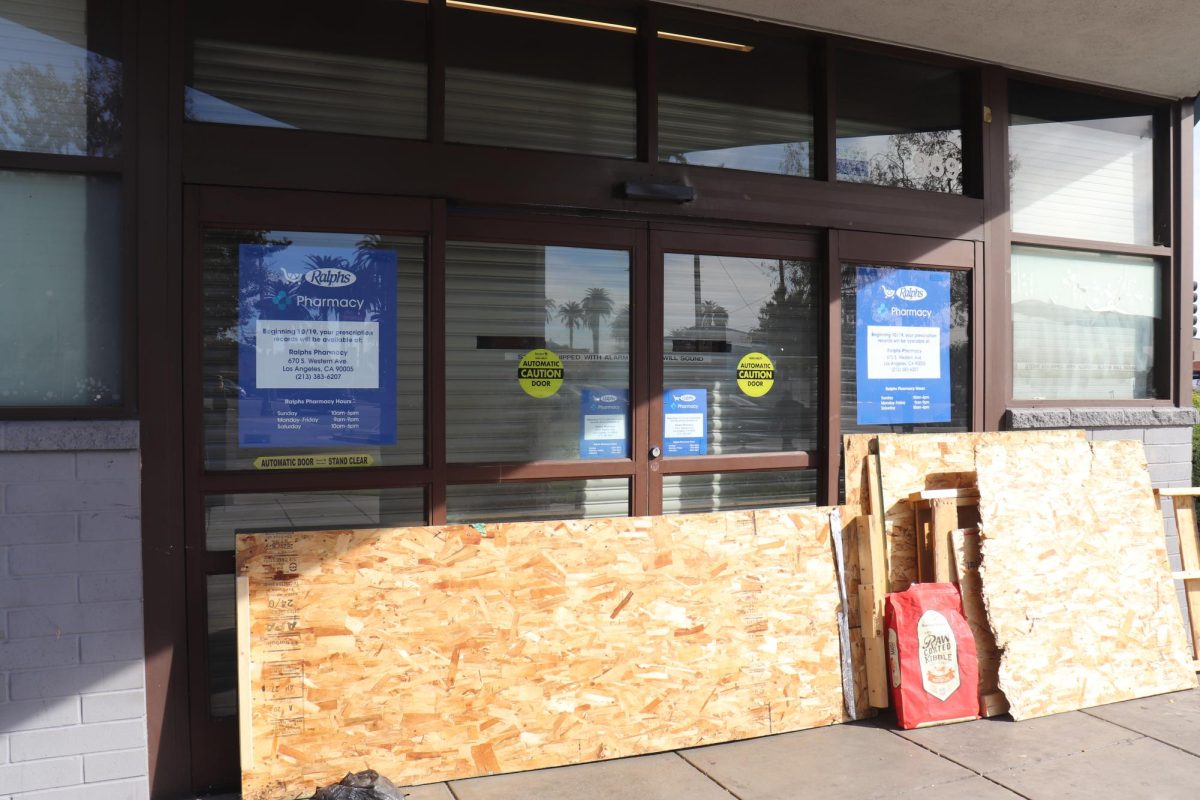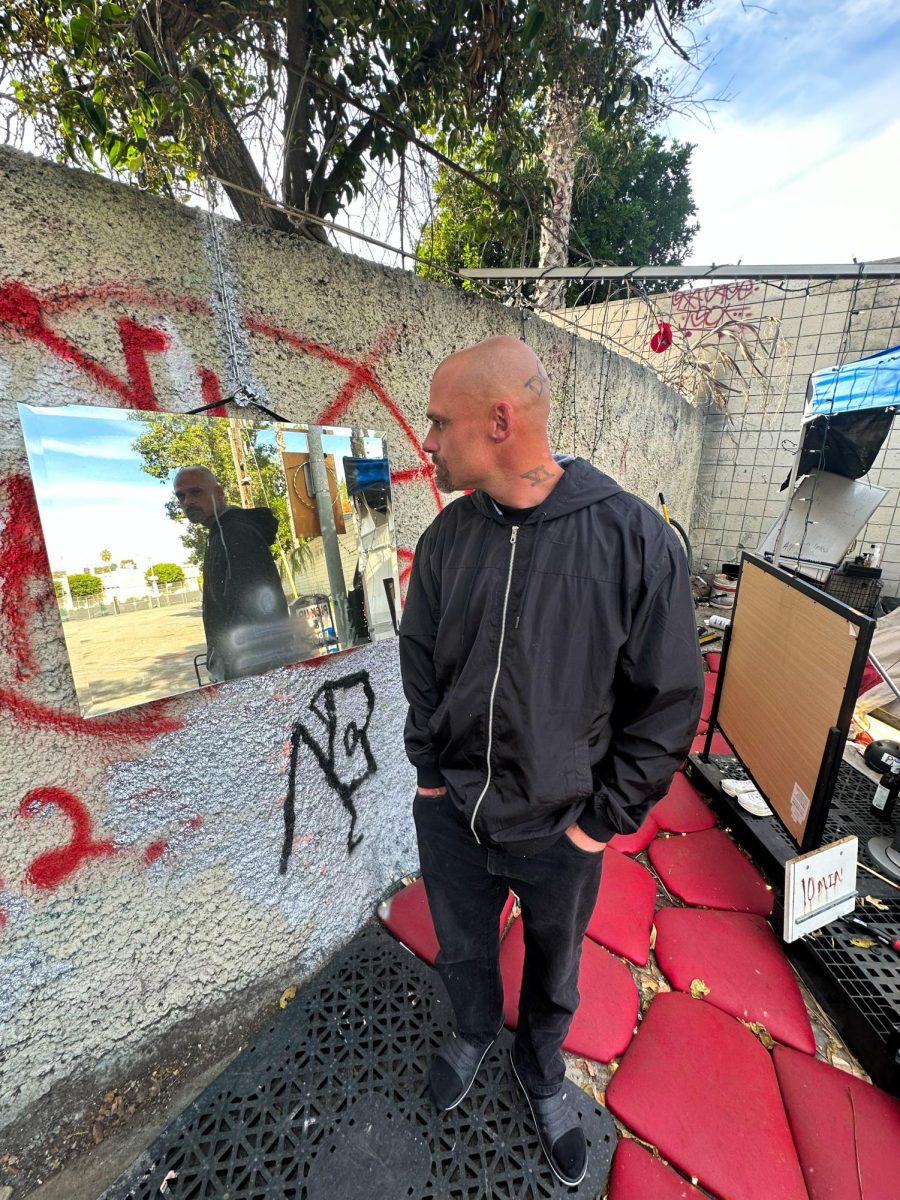Despite the rise of COVID-19 cases across Los Angeles, recent revision of a California State University (CSU) policy states that vaccines are no longer required for CSU campuses.
According to the Public Health Department, during the first week of September, L.A. County experienced an average of 569 covid cases per day – a jump from 384 in mid-August. During this time frame, the amount of COVID-19 related deaths also increased, climbing from 0.9% to 2.9%.
Schools opening up for the fall semester also experienced an impact from the spread of COVID-19. L.A. County’s Public Health department noted a 43% increase among schools.
Despite emails, Cal State LA’s media relations staff could not be reached.
Given the recent spike, some students worry about the leniency of the new policy, which does not enforce vaccinations or masks on campus, except in the Student Health Center.
Ryan Talatham, a public health major, has seen how the recent spread of the virus has impacted students around him.
“I think the university along with other CSUs should require vaccines to help prevent any sickness,” Talatham said. “I am a little worried for Covid about this fall because in two of my classes, at least two or more students are out with Covid.”
According to Pew Research, 36% of Americans believe the risk of chronic side effects from the vaccine is more dangerous than possibly contracting COVID-19 itself. Serious health implications resulting from vaccination have been documented. According to the CDC, cases of myocarditis and pericarditis were reported, both of which affect overall heart health. However, these cases still remain very rare.
For third-year sociology major Jennifer Bayona, enforcing a vaccine mandate stirs up mixed emotions.
“I feel indecisive about the vaccine mandate that was [previously] implemented in school,” Bayona said. “Having a mandate can lower Covid-19 cases, and help students feel safer on campus, however, I understand how many students may feel their freedom of choice is taken away because of a mandate.”
Long-term health implications are associated with COVID-19, which can pose a problem to students whose grades depend on regular class attendance. The CDC describes any symptoms that persist four weeks after contracting COVID-19 as “Long COVID.” Problems range from neurological to respiratory, and include difficulty breathing, chest pain, irregular sleep, and even depression or anxiety.
Business major Charles Yung is also concerned about recent COVID-19 outbreaks.
“I am a little worried about the increase in COVID-19 cases, and I will still opt to take any vaccines for the upcoming colder weather,” Yung said. “If it affects the student body and the greater Cal State LA community as a whole, I think the administration should make whatever decision is deemed suitable based on their analysis.”
As officials continue to encourage being up to date on vaccines, new studies show that vaccination may provide long-term benefits to mitigate symptoms. A publication by Harvard Health stated that even one dose of a vaccine could lower someone’s chances of experiencing long COVID by as much as 35%. Unvaccinated individuals who have already contracted the virus are still encouraged to get vaccinated even after recovering. Chances of long term COVID symptoms were reduced by 27% after vaccination.
Resources are still available to students both on and off campus. Cal State LA’s student health center will continue to provide COVID-19 antigen tests, as well as face masks and hand sanitizers. The school also provides a list of locations to get a mask on campus. Additionally, the LA Public Health Department website can help residents find a vaccine clinic nearest to them.

